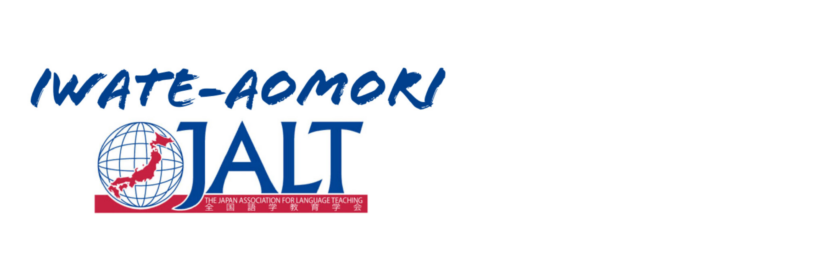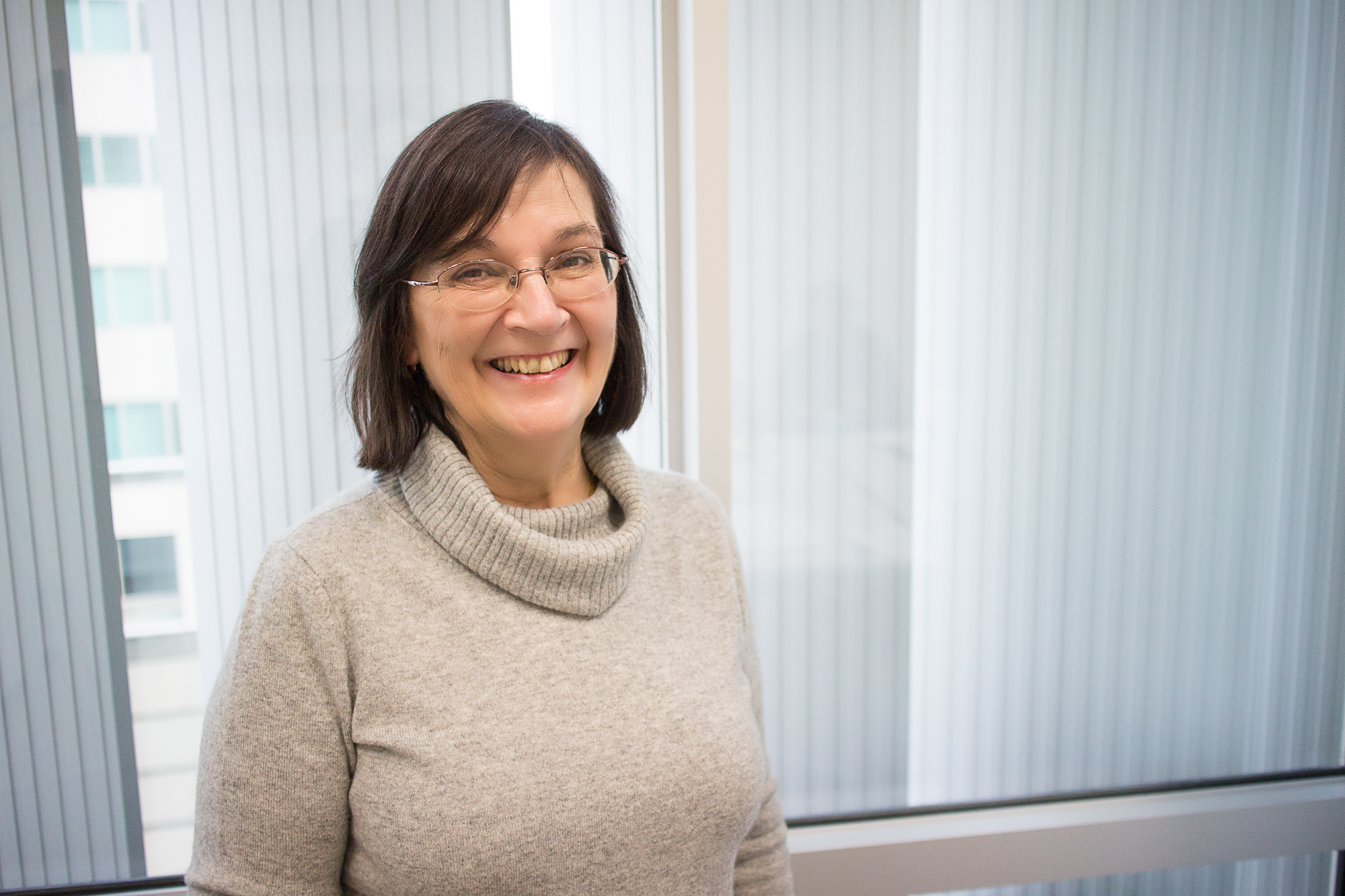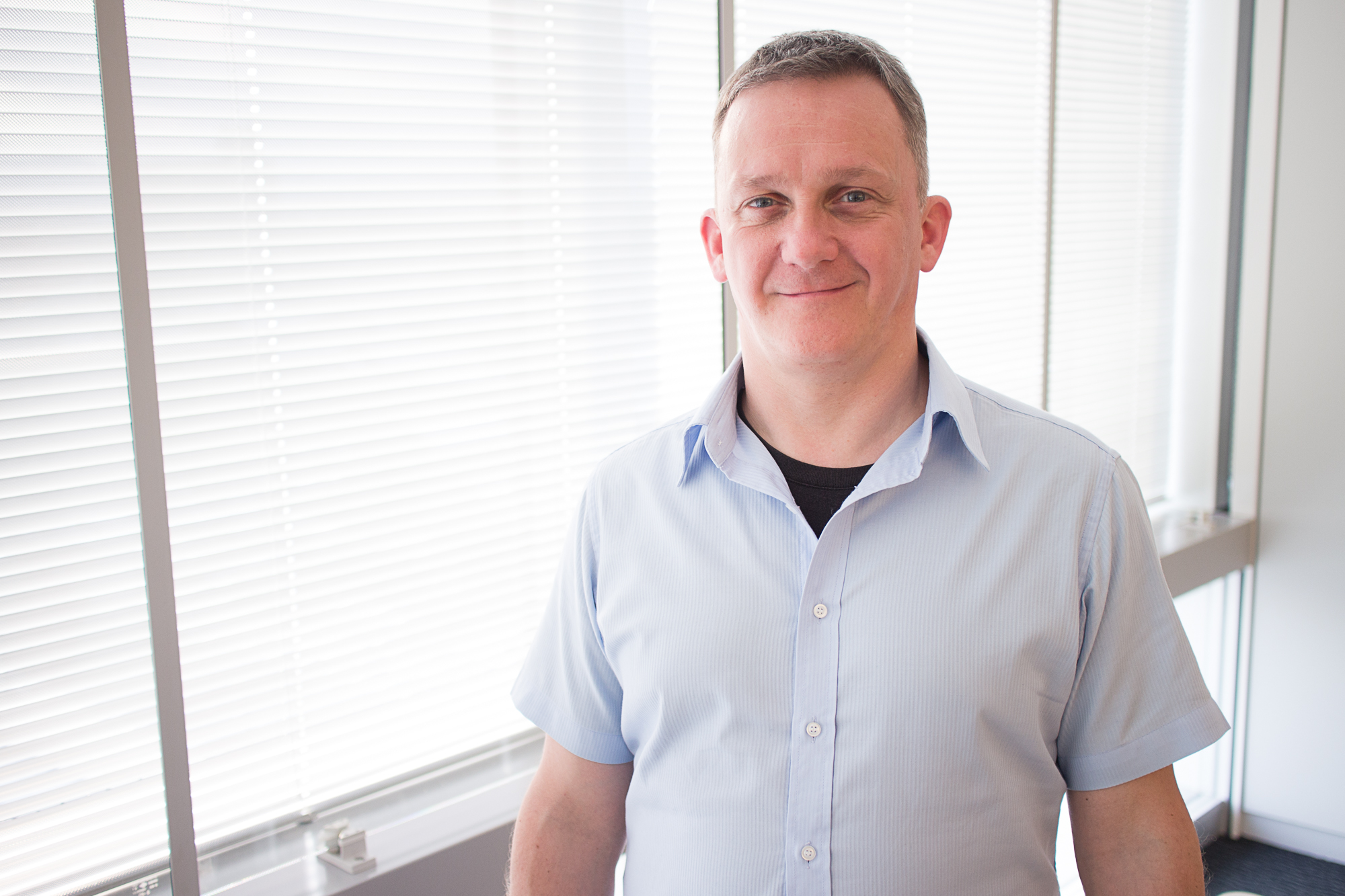__________________________________________
Date and Time: Sunday, 25 September – 1:30pm – 4:30pm
Speaker: David Gann
Location: AIINA Rm 817 (map https://goo.gl/maps/kEQo5UV2jPr)
Fee for JALT members: Free
Fee for one-day members: 1,000 yen (500 yen for students)
___________________________________________
I hope everyone had a great summer. I’m back from a short sojourn to Canada and the U.S. Now that I’ve returned, we can get down to business for the fall season. Here is our September event. I’m looking forward to this one.
Sustainable Language-based Critical Thinking Instruction
The presenter will report on the first in his multi-step course design for aiding students in the development of critical thinking competence and dialectical discourse. These steps include (1) intake of explicit instruction in argument analysis delivered via podcast; (2) completion of two types of online text reconstruction exercises specially designed to facilitate noticing of (a) salient textual features associated with various premise-conclusion constructions; and (b) dialectical discourse items used in professional, academic and civil discourse; (3) online discussion threads concerning either (a) issues raised in the textbook during Freshman English; or (b) problem solving, hypothesis testing and data interpretation during subsequent Integrated Skills courses; and collaborative writing via online documents; (4) speaking tests, during which students draw upon their recent discussion thread communications; (5) assessment based on the use of the aforementioned language items, followed by meaningful feedback; and (6) how a technological solution helped the course design and approach reach sustainability. The presenter will explain the rationale behind the various steps; pedagogical considerations that informed various technological aspects of production and delivery; how the podcast material was connected to in-class activity; and how well the course design was received by our students.
Bio
Originally from the U.S., David Gann moved to Japan and began teaching in 1996, after earning an M.A. in English literature. In 2010, he began co-producing Critically Minded Podcast. That same year he also co-founded JALT Critical Thinking SIG. Since 2012, he has taught as Assistant Professor at Tokyo University of Science, where he has continued to develop materials for critical thinking instruction. In 2013, he completed a second M.A. in Educational Technologies and TESOL at the University of Manchester. His main interests include critical thinking instruction, CALL and learner autonomy.



 chers come to Japan because of a desire for a temporary overseas adventure, but some decide to make Japan their permanent home and English language teaching their career. In particular, my research focused on foreign women who are married to Japanese men. These women must deal with the racially motivated employment constraints that affect all foreign EFL teachers in Japan, but unlike their male counterparts, they must also navigate gendered waters that primarily view women as wives and mothers. The participants of my larger study are women ranging in age from 25 to 64, and they have lived, worked, and taught in various contexts. My talk at Iwate Jalt,however, will focus mainly on one participant who has been living in a conservative and remote rural area in Japan for twenty years. Through “Victoria’s” narratives obtained from multiple interviews, I will describe the twists and turns of her personal and professional journey in Japan, which began with her teaching as an ALT on the JET program. Using Gee’s (2000) theoretical lens, I will describeVictoria’s resistance in accepting gendered and racial identity characteristics ascribed to her by others, and how she resourcefully turned them into achieved identity characteristics of her own making. The second part of the presentation will be a workshop, where participants will be invited to analyze and discuss their own personal and professional identity development using the four perspectives from Gee’s theoretical framework. Participants will hopefully become more aware that their own personal and professional identity development is the result of interaction with numerous people,not only with students, colleagues, and school administrators, but also with teachers’ own families and with members of the local community as well.
chers come to Japan because of a desire for a temporary overseas adventure, but some decide to make Japan their permanent home and English language teaching their career. In particular, my research focused on foreign women who are married to Japanese men. These women must deal with the racially motivated employment constraints that affect all foreign EFL teachers in Japan, but unlike their male counterparts, they must also navigate gendered waters that primarily view women as wives and mothers. The participants of my larger study are women ranging in age from 25 to 64, and they have lived, worked, and taught in various contexts. My talk at Iwate Jalt,however, will focus mainly on one participant who has been living in a conservative and remote rural area in Japan for twenty years. Through “Victoria’s” narratives obtained from multiple interviews, I will describe the twists and turns of her personal and professional journey in Japan, which began with her teaching as an ALT on the JET program. Using Gee’s (2000) theoretical lens, I will describeVictoria’s resistance in accepting gendered and racial identity characteristics ascribed to her by others, and how she resourcefully turned them into achieved identity characteristics of her own making. The second part of the presentation will be a workshop, where participants will be invited to analyze and discuss their own personal and professional identity development using the four perspectives from Gee’s theoretical framework. Participants will hopefully become more aware that their own personal and professional identity development is the result of interaction with numerous people,not only with students, colleagues, and school administrators, but also with teachers’ own families and with members of the local community as well.